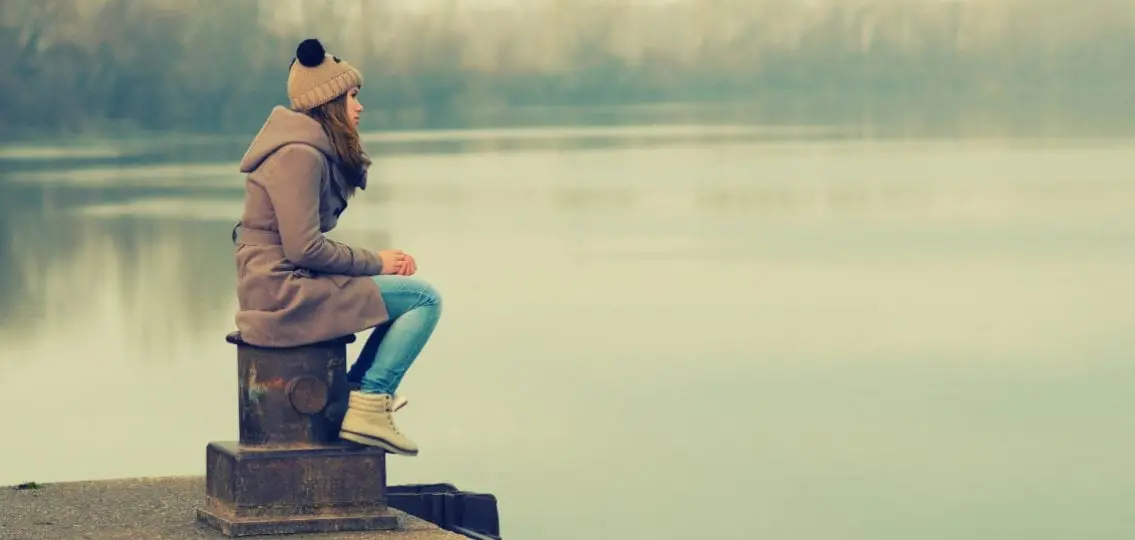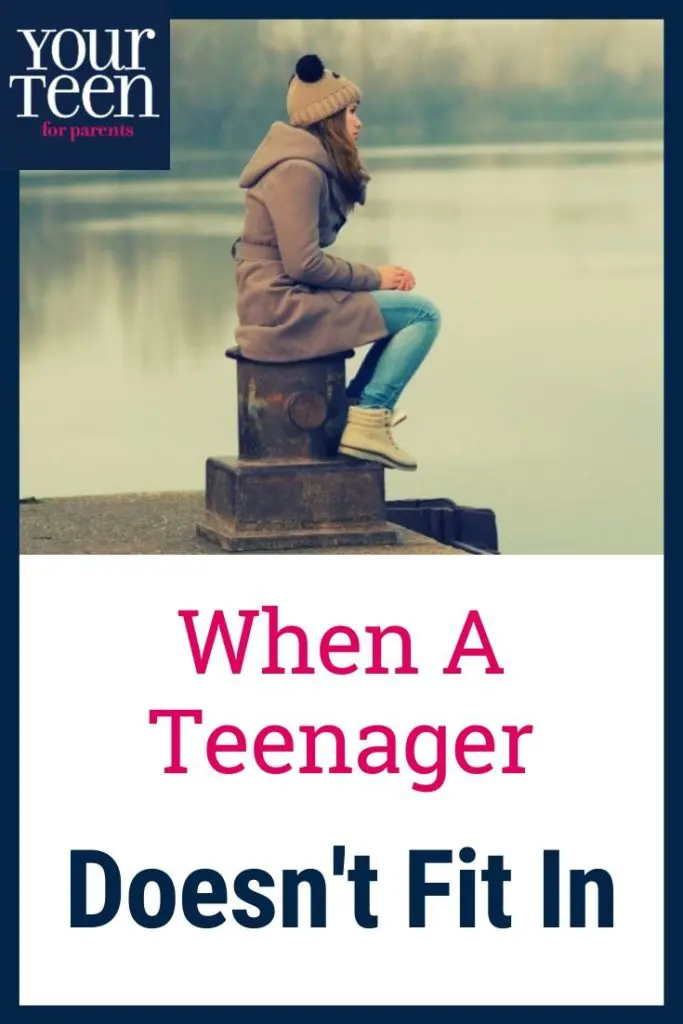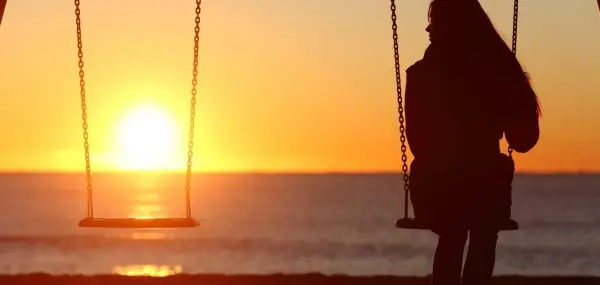Is there something I can send you from across the sea, from the place that I’ll be landing?
—Bob Dylan, Boots of Spanish Leather
My favorite of the Cassini spacecraft’s photographs is of Saturn’s rings, with Earth a small star in the background, barely visible. Sometimes I think my daughter can relate, navigating the oxygen-deprived deep space of 8th grade.
“At least she’s not buried under rubble after an earthquake,” my wife reasoned, thinking of staggering tragedies in the news. “True,” I replied, “as long as you’re not speaking metaphorically.”
Of all the parenting challenges I’ve faced—my son carrying a gnome obsession into his second decade; my time-deprived wife harboring standing piles of papers in our study—helping my daughter navigate the apocalypse that is the middle school social landscape has been the most punishing.
The indignities are both diabolical and omnipresent. They include friends cliquing-up with a mean girl, whose social traction seems to rest on her being slightly prettier than the others. Once attached to the new mothership, the “friend” no longer looks my daughter in the eye.
My daughter is baffled, on one hand, but also consciously unwilling to play the game.
It’s sad to me that her closest soulmate is the sheriff in No Country for Old Men. Like my daughter, he knows that to engage, “A man would have to put his soul at hazard. He’d have to say: ‘O.K., I’ll be part of this world.’”
She tries, though, to a point. While at recess, she asked if she could join a game of box ball. “No,” the gaggle said, laughing. “Don’t feel bad. It’s not about you. It’s us.”
Unfortunately, it’s easy for me as a middle-aged man to choose whom I associate with and to embrace my nerdism. For a teenage girl, I know it’s a universe in which my advice is a foreign tongue.
“Those girls, if they act that way, they were never your friends,” her mom tells her. “It’s not like they abandoned you.”
The tragedy is that this is my daughter we are talking about: a real human, worthy of great, not petty, associations. She is a rich mine of life.
She likes the fact that she wears glasses because it lets her appreciate the beauty of the world in focus.
She has so much empathy she will still unconsciously mime parts of a story you are telling, just as she did when she was little.
This is a teen who completely understood, when a vicious pounding hailstorm caught us in our kayak on the river, that it was a great, unique, and amazing experience. “This is awesome!”
We go to art-house movies together and afterward, while I’m quietly mulling things, she’s incorrigibly conversational.
In short: This is a real person, with an adult sensibility, forced into complete adolescent madness.
She asks about finding new friends. “I don’t know what to say. I don’t know how to be.”
On one hand, this is an easy problem. I tell her she has to go up to people and talk to them. “You ask them about themselves. You’re kind to people. There are no losers.” I want my daughter to learn how to be a good person, regardless of the social cost.
The poet W.H. Auden, famous beyond any standard in his time, was known for finding the least important person in the room to talk to, not the acolytes or the rich. It’s a simple question, or just the oldest one in human thought—how should we live?
my daughter wonders what it takes to forge these middle school friendships: What makes me interesting to people? Who am I if I stop martial arts, or if I’m not a soccer player? Am I just a person? Am I, like the drifting Earth, just that spot of light Cassini saw from so far off, one of billions, undifferentiated, fragile, ephemeral?
I tell her that in college she will have the intense friendships she deserves. They will explode onto the scene just as fast, with the same violent romance, as that of poets Rimbaud and Verlaine, who wrote: “Come, dear great soul. We await you; we desire you!”
For now, instead of meeting a wild cadre of friends, my daughter and I will go to dinner and a movie. I will treasure it, even if it occurs in the context of her own social collapse.
Before it cut power to its cameras and plunged itself into oblivion, Cassini took one final shot: its impact zone, roughly ten degrees north of Saturn’s equator, visible as a hazy and rippled cloud pattern. The picture was no more or less foreboding than the yawning gaps of time before the 8th grade bell rings each morning.
With its last glimpses, it was hard not to personify Cassini, cast about on the stars, like Lot’s wife taking one last look back.
And as it fell, juxtaposed against Earth so small and distant, one had to wonder which corner of space might be the lonelier of the two.





